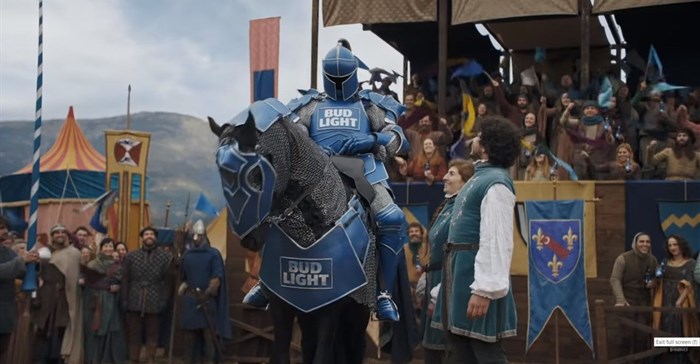
Top stories






More news














Taking a look at the Super Bowl ads, these are the biggest trends that I believe will shape the advertising year.
Advertising always reflects the nation’s mood, and this year’s Super Bowl was not nearly as controversial as previous years. This year, brands moved away from political messages that could be divisive for viewers and opted for messages of unity.
It makes sense for brands to avoid a political message in the current climate, which is why Google, Kia and Microsoft all created ads with messages that bring people together.
This year there was a shift from making a statement to a natural inclusion of women. Their inclusion felt absolutely effortless and what is monumental is the way these ads are portraying women. An example of this is Serena Williams fronting Bumble’s ad talking about women making the first move.
The conversation has moved on and now women are starring in ads in the most natural way and nobody is batting an eyelid.
Pro-human messages were a big theme with Pringles, Turbo Tax and Sprint showcasing human superiority, which I believe stems from society’s fear of the rise of robots and AI. It seems brands have picked up on the unease that surrounds these emerging technologies.
Pringles highlighted how an Alexa-like device was unable to eat Pringles and Turbo Tax’s eerie robot was unable to express emotion.
Humour is always a consistent thread at the Super Bowl, and this year was no different. Pepsi worked with Michael Bublé and there was a surprise Game of Thrones tie-in with Bud Light. These ads tend to be fan-favourites and brands opt for humour because it always works.